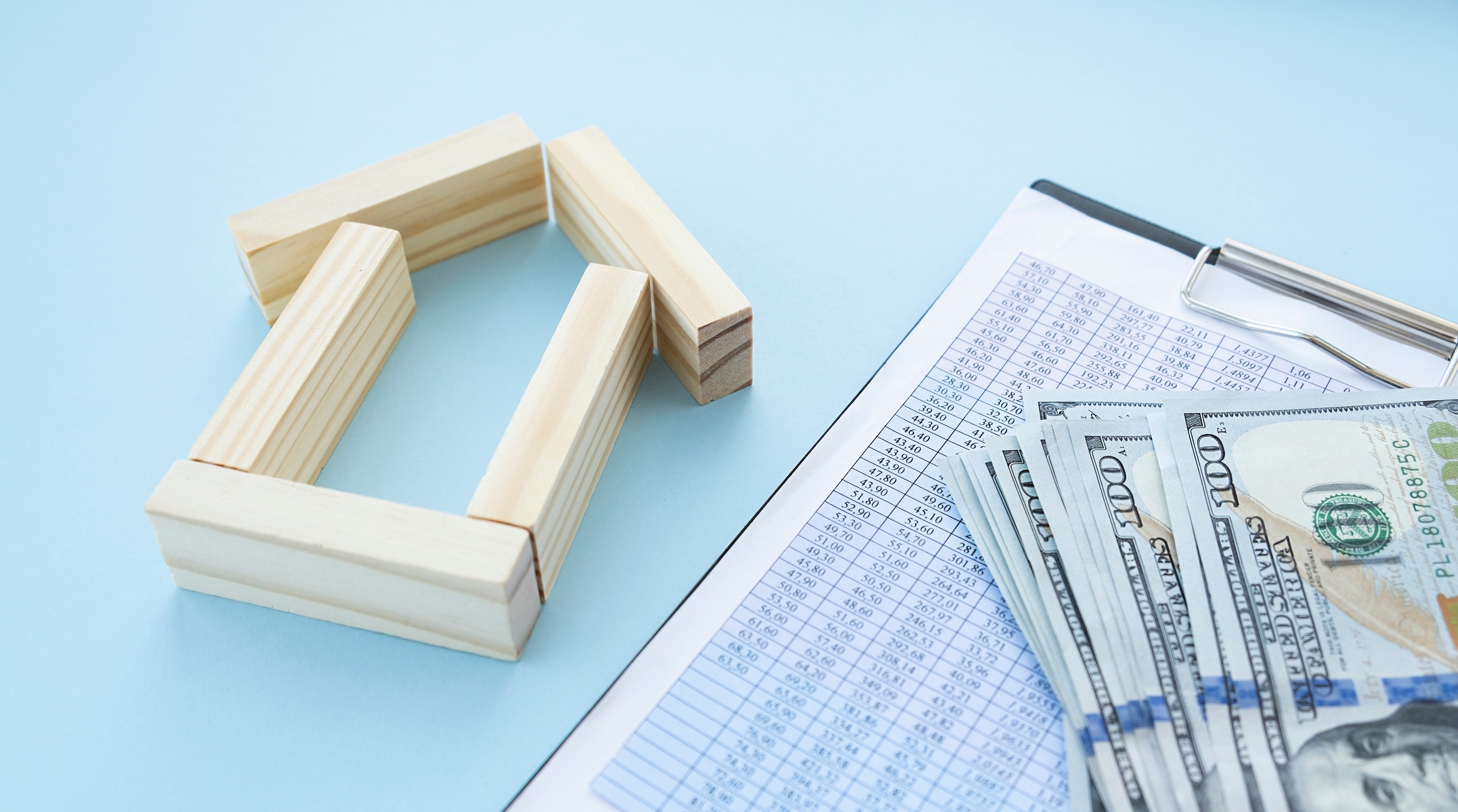If you want to purchase a home and you need to finance the purchase, one of the most important factors in obtaining a mortgage is your credit score. The home buying process actually begins a long time before you’ve picked the home of your dreams. It starts with getting pre-approved by a lender and that lender will look closely at your credit. Typically, a lender will look across the main three bureaus: Equifax, Experian, and TransUnion. Your credit score will determine both your eligibility for a loan, and the type of interest rate for which you qualify. Here are a few tricks to prepare your credit score for home-ownership.

Careful financial planning results in good credit. First and foremost, you likely will need several trade-lines open. Often times with first time home owners, the issue is not “bad” credit history, it’s insufficient history. In order to borrow tomorrow’s money to buy a house today, the mortgage lender needs proof that you can manage other finances and repay any debts. Ideally, the banks like to see two to three trade-lines that are actively open and used on a monthly basis. This can be credit cards, car loans, rental payments, utility payments, etc. If you don’t have a credit card, shop around and apply for one with good interest rates. Use the credit card sparingly and be sure to pay it off each month. If you’re not renting somewhere to live, consider finding a rental and pay your landlord via regular checks out of your bank account and straight to him/her. If you live with a family member (or in another rental situation) try having the utility services billed to your name. It’s important to have several accounts open, but it’s even more important how you manage those accounts once they are active.
The most crucial component of your credit report depends on whether you make your payments on time. Once you have several trade-lines, you must make your payments for the amount agreed upon and at the time due. Late payments can cause big red flags for lenders when it comes time to purchase a home. If a payment recurs monthly for the same amount, set up an online bill pay to ensure monthly accuracy.
Open those accounts as early as you can. The longer your payment history on those accounts, the better. Lenders will look at the consistency of monthly payments and they’ll also look at the overall length of history. Someone with nine years of reliable rental history will have a more favorable credit report than someone who just started renting nine months ago.
For these reasons, it’s also important not to close out any of your old accounts. An account that you’ve had for years with a zero balance will help demonstrate the length of history to a lender.
Having accounts open is key, but it’s crucial to not over utilize the credit given to you. Most folks recommend that you not exceed 40 percent of whatever credit limit is given to you. For example, if your credit card has a limit of $4,000, make sure to not carry a balance of $1,600 or more without first submitting a payment to bring that amount down. One small trick is that you can easily call your credit company and ask for a higher credit limit and they’ll typically increase the amount.
Although you will want to keep several past accounts open, most financial institutions do not want to see a new account that you just opened. A new account doesn’t give them enough data to project the risk associated with you, and thus create a high credit score. If possible, it’s best not to open a new account at least one year prior to purchasing a home. For example, I discourage my potential buyers from taking out any type of new car loan if they’re in the approval process for a home loan.
The key to establishing a good credit history is honoring your promise to repay loans or credit cards on time and in the amounts scheduled. If there are outstanding collections or if your credit score is too low, a professional can help you prioritize what needs to happen and when. You also can see for yourself by getting a free credit report at annualcreditreport.com. Every twelve months, you can track and make sure that everything is correct and up to date. Your credit score is vital part of qualifying you for the best home loan available, so be sure to steward it well.

















